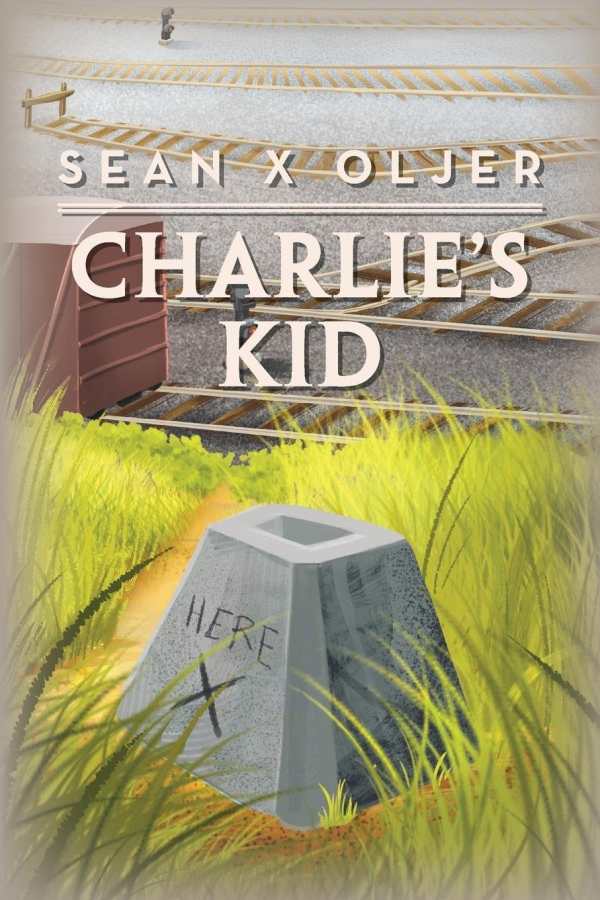Charlie's Kid
Honest and unvarnished, Charlie’s Kid is a story in the best sense of the word, pulsing with lessons born from difficult experiences and told out of love, not for glory.
From sea to shining sea, and from crushing to smile-inducing, Sean X. Oljer’s fictionalized memoir Charlie’s Kid is extreme and unforgettable.
From the time he was four until he was thirteen, the narrator was degraded and beaten by his stepfather; his mother watched. After being abandoned by them both, he took to wandering the streets of Chicago. He was befriended by a few veterans; after they died, he left to travel the country by bus, ship, and plane, working and finding love and adventures. He served in the Iraq war, was honorably discharged, married, and had a son.
The narrator is not referred to by name; he is only “I” throughout, and he relates the things that happened to him in a detached way. His seeming disinterest in his own story becomes a distinctive feature of his personality and his book. He is dispassionate about himself but an able carrier for other voices.
Friends and enemies appear aplenty, and they are well characterized. The words and traits of the narrator’s veteran friends—Charlie, Doug, and Jake—and the women he loves are carefully relayed. He is constantly hounded by his stepfather’s and mother’s voices; they become believable villains in the text. In contrast, his son, who finally gets him to smile, shines as the text’s hero.
Unsentimental in tone, the story is both tortuous and tantalizing to read. What happens to the narrator is awful, and some scenes are nearly voyeuristic. The story moves forward without pause; events come together seamlessly, and they hold attention well. Self-reflection and commentary are not a part of the mix, though; this story is just about its action, and it comes in succinct and vivid prose.
The book is a graphic geography and sociology lesson. As the narrator travels across the United States, all without a cell phone or legal documents, the book also becomes something of a geography and sociology lesson; the narrator uses his wits as a guide. With raw curiosity, the text moves through the underbelly of urban ghettos, the military, and deep wildernesses; its varied settings are a breath of fresh air from the book’s more grueling series of disappointments and failures.
There are also troubling scenes that include disgusting displays of human depravity. The narrator characterizes people he doesn’t trust bluntly, particularly during his stint in the military; his service in the Middle East is a climactic moment that is depicted humbly.
Dedicated to the author’s son but inspiring to all, Charlie’s Kid is an addictive debut based on a true story of a life lived beneath the radar. Honest and unvarnished, it is a story in the best sense of the word, pulsing with lessons born from difficult experiences and told out of love, not for glory.
Reviewed by
Mari Carlson
Disclosure: This article is not an endorsement, but a review. The publisher of this book provided free copies of the book and paid a small fee to have their book reviewed by a professional reviewer. Foreword Reviews and Clarion Reviews make no guarantee that the publisher will receive a positive review. Foreword Magazine, Inc. is disclosing this in accordance with the Federal Trade Commission’s 16 CFR, Part 255.

